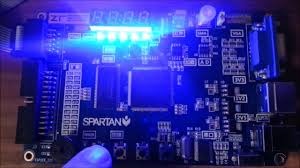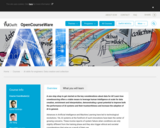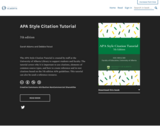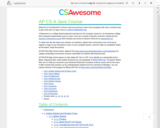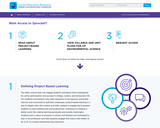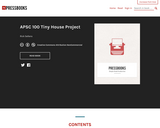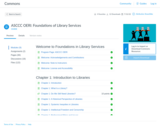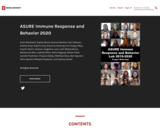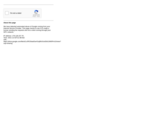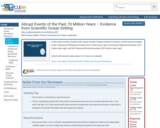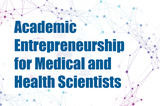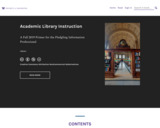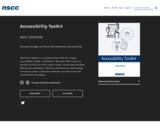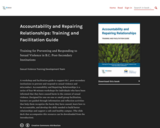How do I use this resource?
Join our community by creating a free and safe PubPub Account:
https://academicentrepreneurship.pubpub.org/resources
Then, participate in this dynamic eBook and community. Update, annotate, comment, download, upload videos and podcasts and share chapters to your own digital spaces and networks.
Academic Entrepreneurship for Medical and Health Scientists, is a free open education resource that can be used asynchronously in courses, workshops, pilot grant programs, and by individuals.
Who is an academic entrepreneur?
Faculty, staff, or students turning observations in the laboratory, clinic, and community into interventions that improve the health of individuals and the public and seeking to:
- patent and/or license their work
- spin-out or spin-in ventures based on evidence
- collaborate with industry to realize impact
5 Primary Domains: Over 500 pages of content
- Academia
- People
- Ideation
- IP/Regulation
- Finance
How do I use this book at my institution?
If you identify faculty teaching biomedical entrepreneurship at your institution (classes, workshops, etc.), we can reach out, assist with suggesting chapters relevant to their syllabus if interested, and provide optional tracking data so they can view their students’ access/use of the material. Contact us! https://www.med.upenn.edu/apps/faculty/index.php/g275/p12240
I want to contribute!
This is a living e-book which is publicly available and licensed with creative commons. It has potential for frequent updates and we welcome contributions from new authors. Contact us! https://www.med.upenn.edu/apps/faculty/index.php/g275/p12240
Other Formats:
Are you a visual learner? Try our interactive Prezi: https://www.bit.ly/AcadEnt

